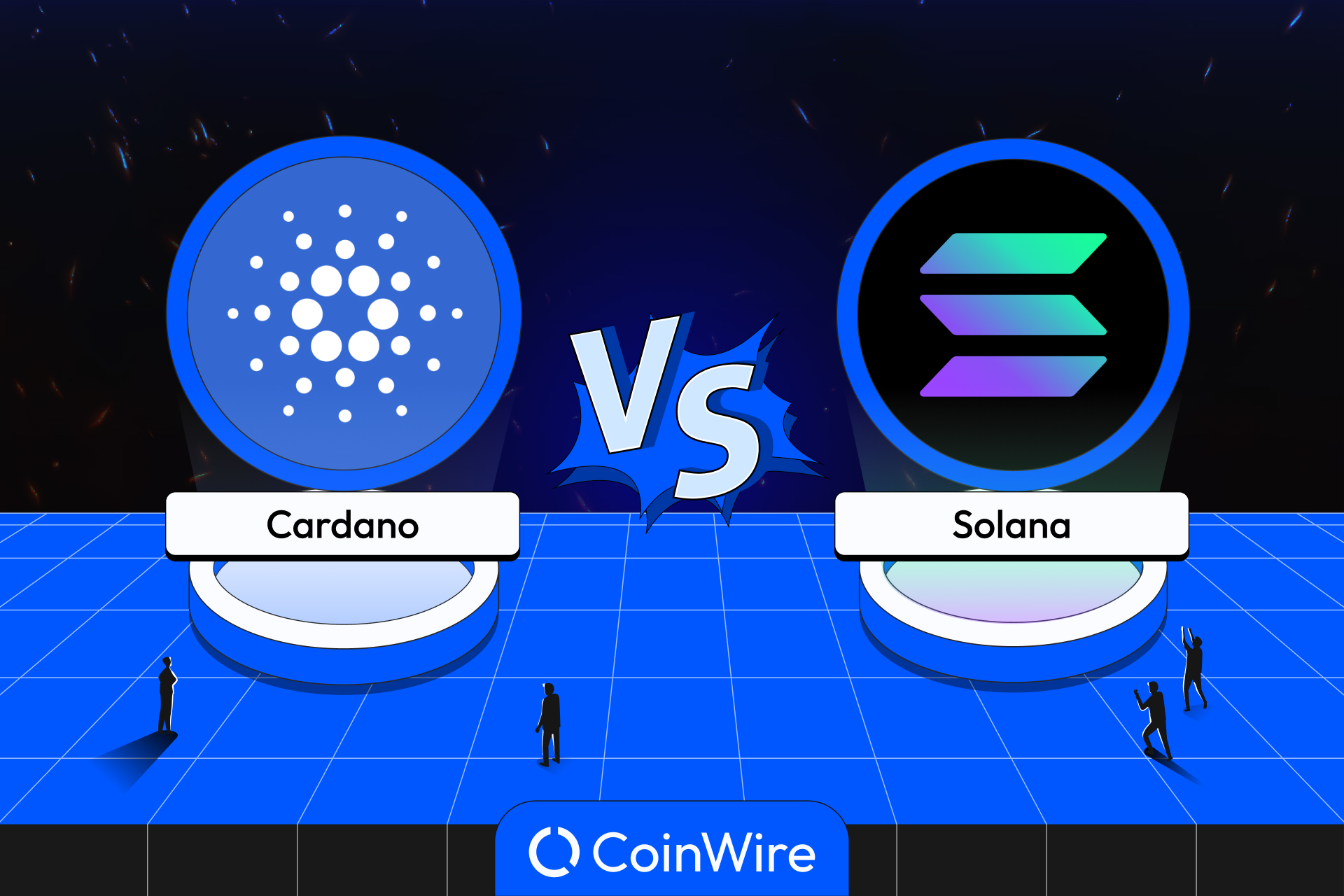Ethereum vs. Solana: Which Blockchain Will Dominate the Future? sets the stage for an exciting comparison of two leading blockchain platforms that have been making waves in the tech world. As the cryptocurrency landscape evolves, both Ethereum and Solana have garnered significant attention for their unique features, speed, and scalability. This discussion dives into their respective capabilities and innovations, shedding light on which may emerge as the frontrunner in the future of decentralization.
By examining their technological underpinnings, user adoption rates, and potential for real-world applications, we aim to provide a comprehensive view of how these two giants stack up against each other in the quest for blockchain supremacy.
In today’s fast-paced world, we often find ourselves juggling multiple responsibilities, from work commitments to personal obligations. With the rise of technology and the increasing demands of modern life, it’s become essential to develop effective time management skills. This article aims to explore various strategies and techniques that can help individuals enhance their productivity and make the most of their time.
One of the first steps in mastering time management is to understand the importance of setting clear goals. Without defined objectives, it can be challenging to stay focused and prioritize tasks. Utilizing the SMART criteria—Specific, Measurable, Achievable, Relevant, and Time-bound—can greatly assist in establishing effective goals. For instance, instead of saying, “I want to get fit,” a SMART goal would be, “I will exercise for 30 minutes, five times a week for the next three months.” This approach not only provides clarity but also sets a roadmap for success.
Once goals are established, the next step is to create a detailed plan that Artikels how to achieve them. This involves breaking down larger tasks into smaller, more manageable steps. By doing so, it becomes less overwhelming, and individuals can track their progress more effectively. Utilizing tools such as calendars, planners, or digital apps can help keep these tasks organized and visible.
For example, setting up reminders for deadlines or scheduling specific times for focused work can significantly boost productivity.
Another crucial aspect of time management is learning to prioritize tasks effectively. The Eisenhower Matrix is a popular tool for this purpose, dividing tasks into four categories: urgent and important, important but not urgent, urgent but not important, and neither urgent nor important. By categorizing tasks, individuals can focus on what truly matters and avoid spending time on activities that do not contribute to their goals.
This method not only helps in prioritizing but also enhances decision-making skills.
Moreover, it is essential to recognize and eliminate distractions that hinder productivity. In a world where notifications from devices constantly vie for our attention, creating a conducive work environment can make a significant difference. This may involve finding a quiet space, turning off notifications during work hours, or using techniques like the Pomodoro Technique, where individuals work in focused sprints followed by short breaks.
Such strategies can improve concentration and lead to higher efficiency in completing tasks.
Time management also involves the art of saying no. As individuals strive to achieve more, they may find themselves overwhelmed by commitments. It’s essential to recognize one’s limits and prioritize personal well-being. This doesn’t mean being uncooperative; rather, it involves being selective about taking on additional responsibilities. Politely declining requests that don’t align with one’s goals can free up valuable time and energy for what truly matters.
Additionally, keeping a time log can provide valuable insights into how time is currently being spent. By tracking activities for a week, individuals can identify patterns, recognize time-wasting habits, and make informed adjustments. This reflective practice encourages accountability and allows one to see where improvements can be made. For example, if it’s noted that a significant amount of time is spent on social media, measures can be taken to limit that time and redirect focus toward more productive activities.
Incorporating self-care into the time management equation is also vital. It’s easy to neglect personal health and well-being in pursuit of productivity. However, taking regular breaks, engaging in physical activity, and ensuring sufficient rest can enhance overall performance. Studies have shown that individuals who practice self-care tend to be more productive and focused. Therefore, allocating time for relaxation and rejuvenation is not just beneficial—it’s essential for sustained success.
In conclusion, effective time management is an indispensable skill in today’s world. By setting clear goals, prioritizing tasks, eliminating distractions, and practicing self-care, individuals can significantly improve their productivity. While the journey to mastering time management may require patience and practice, the rewards are well worth the effort. Embracing these strategies can lead to a more organized, fulfilling, and successful life, allowing individuals to achieve their aspirations while maintaining a healthy work-life balance.




